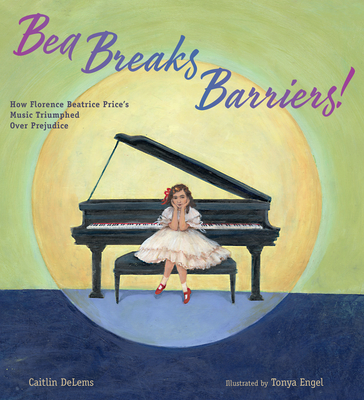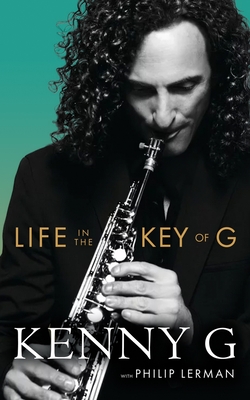
Delems, Caitlin
product information
description
12025 NCSS-CBC Notable Social Studies Book Winner Here is the little-known story of Florence Beatrice "Bea" Price, who faced many obstacles, including systemic racism and sexism, as she pushed forward to become one of the greatest Black classical composers. Florence Beatrice "Bea" Price loved music from a young age. When she wasn't practicing on the piano, she tapped her feet, drummed her fingers, and whistled. Growing up in Little Rock, Arkansas, she was surrounded by Negro spirituals, classical music, Juba dance rhythms, and folk songs and even had the chance to play piano with John William "Blind" Boone. But as a young Black girl living in the South, Bea wasn't offered the same chances as white children. Not allowed to perform in public, Bea's first recital was in her living room. But Bea was not deterred. She studied hard, rose to the top of her class, and was accepted to the New England Conservatory of Music--one of two Black students--and majored in both music and composition. Bea never forgot her roots and wove all kinds of musical genres into her musical compositions and spirituals.
member goods
No member items were found under this heading.
Return Policy
All sales are final
Shipping
No special shipping considerations available.
Shipping fees determined at checkout.







